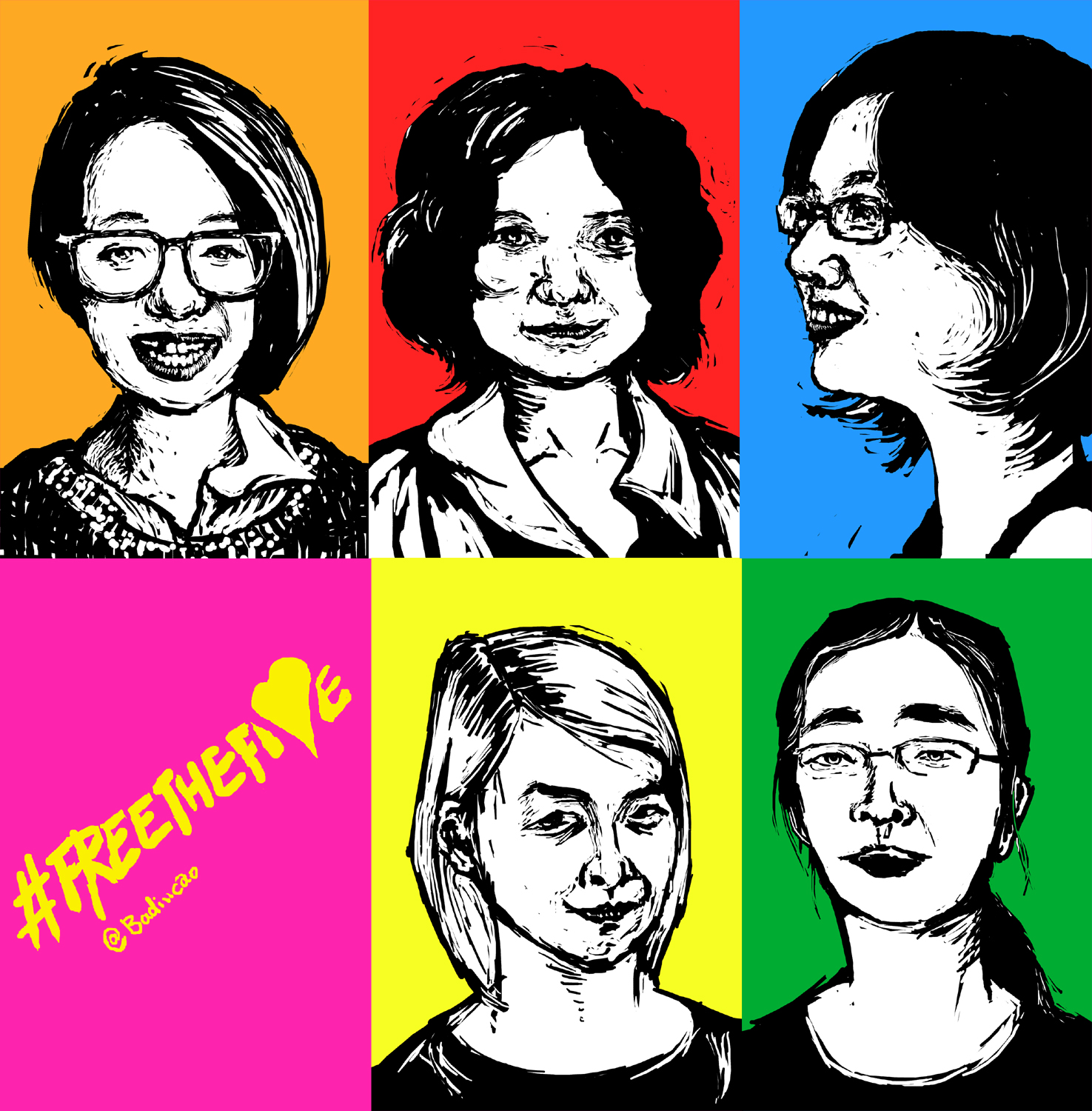Alec Ash, author of “Wish Lanterns: Young Lives in New China,” writes in Vox that despite the recent repression of civil society and dissent in China, he finds cause for hope among China’s younger generation. He writes:
But there is another, contrasting trend that is much more promising: While the Chinese leadership is repressive, Chinese society is becoming increasingly liberal. That is especially true of the younger and urban generation, which I have been following, befriending, and writing about since I first arrived to live in Beijing in 2008, fresh out of college.
Their lives sketch a different picture: one of a population more receptive to new ideas, while firm in the conviction that China’s interests are paramount; of a society that is steadily more progressive, as the countryside gives way to the cities; and of a generation with radically different aspirations and attitudes than those of their elders — including those who happen to be running the country.
It’s far more a desire for reform than for revolution, whether the goal is free speech or greater equality. And it has never been clearer that the system does not want to be reformed in a more liberal mold. But generational shifts, while slow, are inevitable.
Which means that while the repressive bureaucracy of China that we know today won’t be going away anytime soon, the longer-term future may look very different. [Source]
One area where Ash sees youthful voices becoming more active is women’s rights. An article by Alice Liu in City Weekend looks at the rise of China’s feminist movement and the corresponding crackdown, and talks with Li Maizi, an activist who was detained along with four others for campaigning against sexual harassment in March 2015:
What had women done to make them a sudden, potential threat? Li Maizi tells City Weekend: “At the time when the five of us were detained, I was pretty surprised; I just couldn’t figure out why on earth we were in there. In the end I had an answer: By persisting in feminist activities and ideals, I had become an undesirable.” The “Occupy Men’s Toilet” activity had become sensitive; protesting on the streets is not a normative way of engaging in politics in China, but women’s issues hadn’t been on the public agenda for discussion before. Now they were.
“Politically, economically, culturally, [and] socially, women are behind women in the West now,” Li tells me. “Because, as history shows, without democratization and gender equality, the power of early women revolutionaries did not translate to actual power, and unlike in Europe and the U.S., the feminist movement did not develop on a large scale.”
The word “feminism” is still not widely used in public or mainstream media, and commenters prefer using nüxingzhuyi rather than its harsher—but truer—form nüquanzhuyi. Nüxing means “women” whereas nüquan has the affix “power” after “women.” But there is a women’s movement, with a recent groundswell of support for redefining a woman’s position in society, mostly played out on social media. “Straight-man cancer,” or zhinanai—a term that pokes fun at patriarchy and the men who don’t check their privilege—has made itself popular online and offline, hinting that far from being over, China’s war of the sexes is just beginning. [Source]
Within China, this nascent feminist activism is under tight government scrutiny, especially since the detention of Li and her colleagues. Didi Kirsten Tatlow writes about these restrictions in the New York Times:
Feminist activism blossomed here as recently as 2015, but today it is in a deep freeze, placed there by a Communist Party government that says it supports women’s rights yet is determined to enact a patriarchal, Confucian-inspired vision of “harmony” that is intolerant of dissent.
[…] By now, intimidation of independent feminist activity is routine. Last November a small group of women abandoned a plan to walk in public wearing bruiselike makeup to mark the International Day for the Elimination of Violence against Women, after warnings from security officials.
So like a flock of birds sensing danger, Chinese feminists have taken off, leaving Beijing for provincial cities or other countries, while those who have stayed have kept a low profile. [Source]
Li Maizi is among those who have gone abroad. Tamara Micner at Broadly spoke with Li about how she is joining forces with women activists around the world:
Sporting a short asymmetrical haircut and undercut, Li is both joyful and serious about her activism. She leads chants along the march, despite having a cough from the pollen in the air (though Beijing’s air pollution doesn’t affect her), and gladly shouts into a microphone in Mandarin and English when offered it by volunteer stewards. She is highly active on social media, using WiFi and friends’ mobile hotspots while abroad, and likes to pose as Rosie the Riveter in photos. At last year’s Gay Pride parade in New York, she went topless.
During her detention, the international campaign that drew support from activists from the US to UK to South Korea showed Li the importance of solidarity—which she in turn has shown, most recently, toward Irish activists campaigning for abortion rights. (Pro-choice campaigners there recently went on strike, inspired by women in Poland.)
“Even though we’re based in different contexts, we still can keep in solidarity,” she says. [Source]







